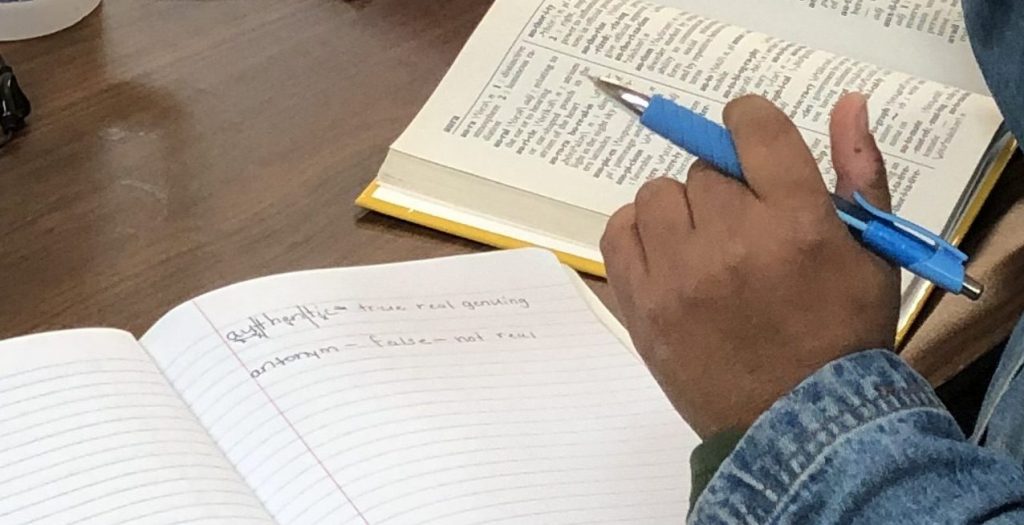“Never doubt that a small group of thoughtful, committed, citizens can change the world. Indeed, it is the only thing that ever has.” – Margaret Mead
In the midst of the global and national crises over the past several months, I’m sure we’ve all taken part in conversations – with our close friends, with our family members, even with loose acquaintances or complete strangers on various social media platforms – conversations, which circle back to large and amorphous questions about the structure of our society, the complexities of systemic injustice, and the apparent intractability of conflicting worldviews that dominate our national and local discourse.
Certainly, these haven’t been the only topics of conversation. No one has the energy to tackle incredibly complicated questions one-hundred-percent of the time. But, I would be surprised to hear of someone who has avoided these questions and conversations entirely.
Personally, I believe that many of the BIG™ problems we face in our community are ultimately rooted in our ability to consume, evaluate, and apply accurate information to our pursuits. Literacy is a critical step, perhaps the critical step, to meaningful engagement in the processes and dialogue of individual and community improvement. And that’s part of the reason I believe the READ Center’s impact extends far beyond the 150 people served and 347 student goals achieved, which are displayed online.
To quote Nobel Laureate, Kofi Annan, “Literacy is a bridge from misery to hope. It is a tool for daily life in modern society. It is a bulwark against poverty and a building block of development, an essential complement to investments in roads, dams, clinics and factories.”
That quote, I think, is incredibly illuminating, because it doesn’t propose that literacy is a solution, but rather a tool, which can be refashioned to suit any number of pursuits. Literacy is foundational, not final. It is a stepping stone. And it is prerequisite for solving everything from the smallest personal trouble (e.g. filling a prescription), to the most ambitious goal (e.g. ending a pandemic and constructing a more just and equitable society).
Grappling with the large, complex, and challenging aspects of the current moment has reinforced my personal belief that the local level is where the most immediate, meaningful, and impactful change should be sought and concretely achieved. At the local level we have the most individual agency and the greatest collaborative potential. It is in our own community where we are able to most effectively track our progress towards mutually affirmed goals and affect meaningful change. The “small” problems we face at the local level aren’t divorced from pervasive national and international issues. Like literacy, they are the stepping stones to addressing those larger problems.
The READ Center embodies (for me) the ideal intersection of my personal interest in dialogue and community involvement; my belief in the power of “locality” as the keystone to meaningful change; the primary importance of information as regards personal and communal pursuits; and the principle of self-determination which I believe sits at the core of any effective change-process, be that personal change or community improvement.
If you’ve read your way here to the bottom of your screen, thank you for letting me share my thoughts with you. The fact you’ve read this far proves you have a skill that can change many lives and improve your community. By committing your time, skills, and energy towards the seemingly small individual hurdles of others in your community, you will be chipping away at the larger problems we are reminded of on a daily basis. I hope you’ll consider doing so – for me, The READ Center is a great place to start.
Gratefully,
Zach McElgunn


